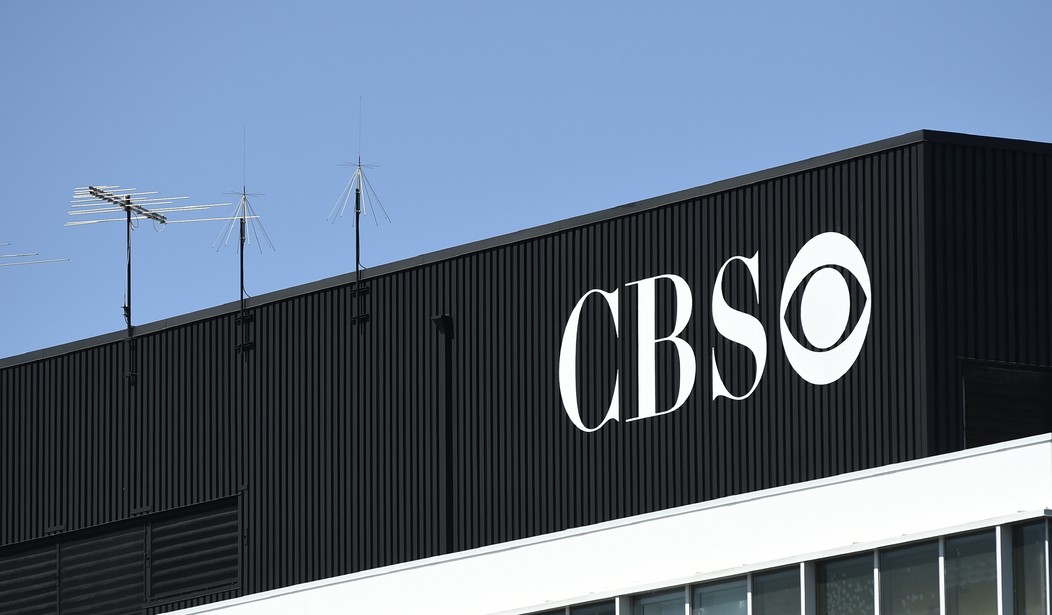It’s funny how trained we are as a society without our even knowing it. Things that we don’t think about for more than two seconds are actually huge factors about why we believe what we believe and have the values we do. One such example that I feel guides our society is how we look at the media.
Looking back to when I was a kid, local news stations always billed anchors and reporters as your friendly neighborhood news gatherers. They were like family members who came to visit you in your homes every night to give you the latest on what’s happening in your community. They were trusted friends whom you could count on to shoot straight with you.
Even the national news had that feel to it. Walter Cronkite was a permanent fixture in many people’s daily lives. People would ask their own mothers to verify their claims but if Cronkite said it, it was true.
Then came the creation of cable news, which took the news concept laid forth by local stations and Cronkite and made it national. These anchors were no longer members of your community, you’d likely never meet them at a local event, and chances are they’d never heard of the little town you lived in. Yet, despite this, we carried that trust in the media with us to them. We expected those reporting the news to always tell the truth. We viewed them as hard journalists who always get the story and were honor-bound to never tell us mistruths or lies.
That was a big mistake.
When your entire channel rests on attracting viewers with news, it behooves you to make sure you keep people’s attention as often as possible and for as long as possible. This means that actual reporting of the news would inevitably take a backseat to news that was sensationalistic. It needed to make you feel like if you didn’t know this news you were in grave danger, or it so infuriated you that you had to keep tuned in order to have your biases confirmed.
It was fertile ground for the rise of activist journalists, and now we no longer have the reporters of old, we have pundits posing as anchors. Activists pretending they’re reporters. It’s gotten so bad that it’s even infected our local news stations. As I previously covered last week, local CBS affiliates are being instructed to adhere more to social justice angles of stories and concern themselves less by how objective they are. They were told they’d even be judged by it.
(READ: CBS Whistleblower Reveals Local Stations Being Instructed to Not Be Objective by Diversity Officers)
The news is not what it used to be. It’s now gone from being about journalists giving you the news to concern about bottom lines and activism.
Case in point, the recent controversy surrounding Tucker Carlson and two Fox News contributors breaking away over Carlson’s January 6 documentary “Patriot Purge.” As Bonchie covered, Jonah Goldberg and Stephen Hayes made a very public withdrawal from the cable news station by allowing the New York Times to have the big story. This NYT story included the subscriber count of The Dispatch, which Hayes and Goldberg run.
If it was a principled withdrawal, there would be some announcements surrounding it, likely as an article on The Dispatch or even some social media posts from the aforementioned duo, but it wasn’t. It was an entire NYT spread complete with a nudge-nudge-wink-wink about their site’s subscriber count. It should probably be understood, as Bonchie pointed out, that neither Hayes nor Goldberg have made consistent appearances on the network for a few years now. I can’t help but agree with my colleague that this was more of a publicity move than it was a principled stance.
It’s one more story that leads to a simple fact. The media is not your friend anymore. It is a business with a vested interest in making you watch, and it will play on your prejudices, fears, biases, and more in order to make that happen. These journalists are activists and will utilize the same in order to push their biases and opinions on you.
We, as a society, need to move forward under the knowledge that journalists, writers, and anchors (including myself), currently live in an age where we are at war, not with swords or guns, but with ideas. Most, if not all reporting today, is done with this war in mind. However, it’s not likely that this war will ever truly end, at least not while the media exists in this form. It’s likely that technology will have to advance further and the method by which news is delivered will have to change. What that will look like, I’m not sure.
But the takeaway here is that we must break from the old sentiment that the person delivering the news to you and your family in the comfort of your living rooms is a friend. He’s not. He’s a salesman trying to get you to buy a number of things all at once. He doesn’t know you and you likely will never meet him. He doesn’t care about you, your community, or what might trouble it. He cares about how your troubles might boost his ratings. If he can, he’ll exacerbate your community’s troubles in order to profit off it. Your community may burn, your life may be ruined, and all the focus he gave you one week may disappear the next.
You are a dollar sign and a sucker to these people. Don’t buy what they’re selling.














